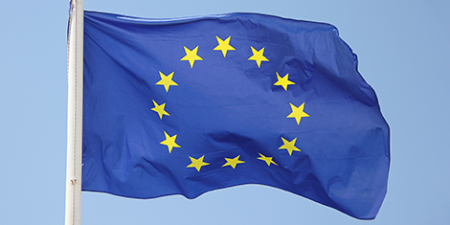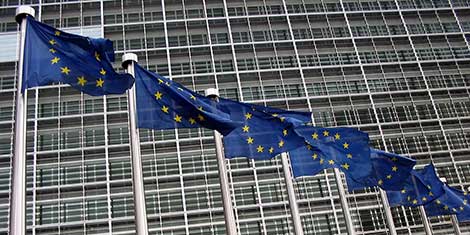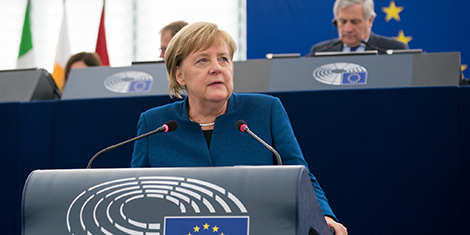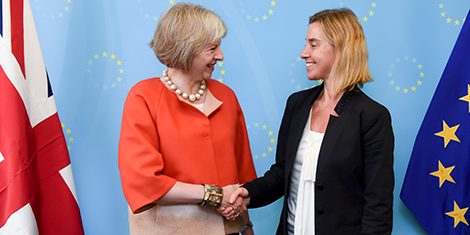
This article was originally published by the Istituto Affari Internazionali (IAI) in October 2019.
It may strike as odd coming from this author, but this is no time for grand strategy. As the European Union enters a new cycle, it’s overarching priority in the world should be action.
The last five years have been formative as far as European foreign policy goes. They have set the foundations for a European defence union. Whereas the EU acronym soup of recent defence initiatives may appear obscure to outside observers, for a Union that has historically struggled to inch forward in this field, they are huge. Furthermore, the outgoing Commission and High Representative have triggered a fundamental change in the way the EU works in the world. While institutional silos still exist, joined-up foreign policy making and an integrated approach to conflicts are now part of the European foreign policy lexicon, and to an extent practice too.




